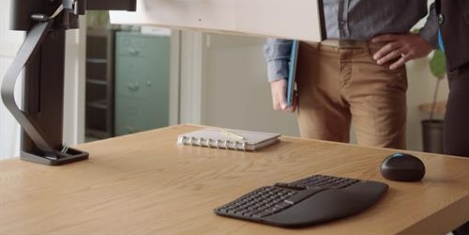To provide the best experiences, we use technologies like cookies to store and/or access device information. Consenting to these technologies will allow us to process data such as browsing behaviour or unique IDs on this site. Not consenting or withdrawing consent, may adversely affect certain features and functions.
The technical storage or access is strictly necessary for the legitimate purpose of enabling the use of a specific service explicitly requested by the subscriber or user, or for the sole purpose of carrying out the transmission of a communication over an electronic communications network.
The technical storage or access is necessary for the legitimate purpose of storing preferences that are not requested by the subscriber or user.
The technical storage or access that is used exclusively for statistical purposes.
The technical storage or access that is used exclusively for anonymous statistical purposes. Without a subpoena, voluntary compliance on the part of your Internet Service Provider, or additional records from a third party, information stored or retrieved for this purpose alone cannot usually be used to identify you.
The technical storage or access is required to create user profiles to send advertising, or to track the user on a website or across several websites for similar marketing purposes.
 A new poll from SD Worx claims that while 72 percent of British workers think working from home offers a better chance of improving their work-life balance, they have concerns about wellbeing and working culture. Based on data from over 4,000 companies in the UK and across Europe, the findings suggestthat the appetite for working from home (WFH) in the UK (72 percent) is creeping ahead of mainland Europe (66 percent). (more…)
A new poll from SD Worx claims that while 72 percent of British workers think working from home offers a better chance of improving their work-life balance, they have concerns about wellbeing and working culture. Based on data from over 4,000 companies in the UK and across Europe, the findings suggestthat the appetite for working from home (WFH) in the UK (72 percent) is creeping ahead of mainland Europe (66 percent). (more…)































October 13, 2022
The success of hybrid working hinges on creating a great workplace experience
by Lee Rubin • Comment, Flexible working, Wellbeing, Workplace